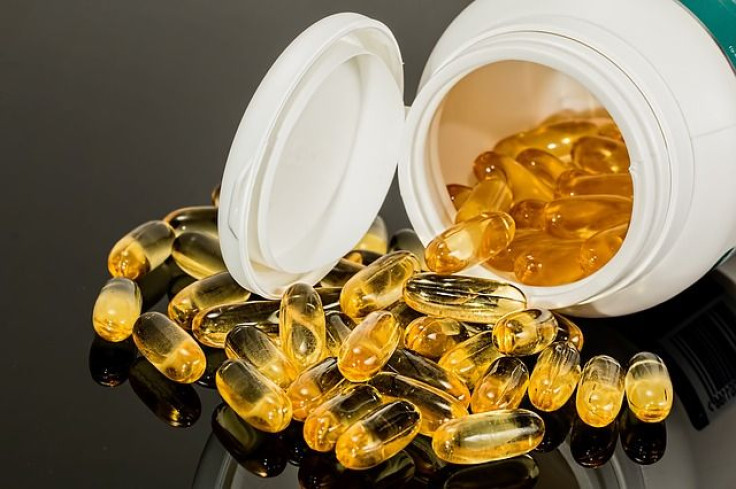A Banned Stimulant, Oxilofrine, Can Be Found In Many Diet Supplements At Potentially Dangerous Doses

A new study published Thursday in the journal Drug Testing and Analysis has found that certain dietary supplements may offer more than its users bargain for.
The researchers noticed that several professional athletes banned for having the drug oxilofrine in their system had blamed their positive tests on inadvertently consuming supplements containing it. While the drug, a stimulant, is approved in some countries as a blood pressure booster, it has never been approved for legal use in the United States in any capacity, including as a supplement (it’s also on the World Anti-Doping Agency’s banned list). Amazingly, they were able to easily find it as a listed ingredient in 27 supplement brands, albeit under another commonly used name, methylsynephrine.
When they further tested these brands, they found the presence of oxilofrine in 14 brands (52 percent). Of these, six brands had doses as high or higher than what someone would receive in prescription form (if a user stuck to the supplement’s instructions). As reported by NPR, at least one brand contained doses more than twice as high as the typical adult dose, and three times as high for a teenager.
“We found that not only did the supplements contain the banned drug, but that they were at extremely large dosages in some of the products," lead author Dr. Pieter Cohen of Harvard Medical School told LiveScience.
While the potential side effects of such a dose aren’t firmly established, the study noted that even normal amounts of the drug can sometimes lead to abnormally fast or irregular heart beats. And at least one brand containing oxilofrine has previously been linked to more serious side-effects like “vomiting, agitation, and cardiac arrest,” the authors wrote.
The findings are only the latest to demonstrate the relative lack of safety measures in the supplement business, a issue that Cohen in particular has attempted to highlight in the past.
“Any supplement sold in the United States can be legally promoted for weight loss without demonstrating evidence of its efficacy or safety through human subject studies,” he wrote in a 2014 editorial for the Harvard Public Health Review. “Unencumbered by the need to study efficacy or safety, or even to disclose adverse effects, the supplement industry has flourished.” According to Cohen’s prior research, the industry made $32 billion in 2012.
To their credit, the Food and Drug Administration has recently attempted to make some headway specifically against oxilofrine. Earlier this week, the agency announced it had sent warning letters to seven supplement companies for the illegal presence of the drug in their brands. Ordinarily the FDA has to conclusively prove that a supplement is especially dangerous to its users before they can take action against it, but because oxilofrine/methylsynephrine doesn’t match the definition of a dietary ingredient at all — thus making the supplement misbranded — they were able to do so regardless.
For those like Cohen, though, these sorts of interventions are merely a drop in the bucket. "The FDA has to be proactive and get out there and eliminate all of this from the marketplace," Cohen told LiveScience.
Source: Cohen P, Avula B, Venhuis B, et al. Pharmaceutical doses of the banned stimulant oxilofrine found in dietary supplements sold in the USA. Drug Testing and Analysis. 2016.



























